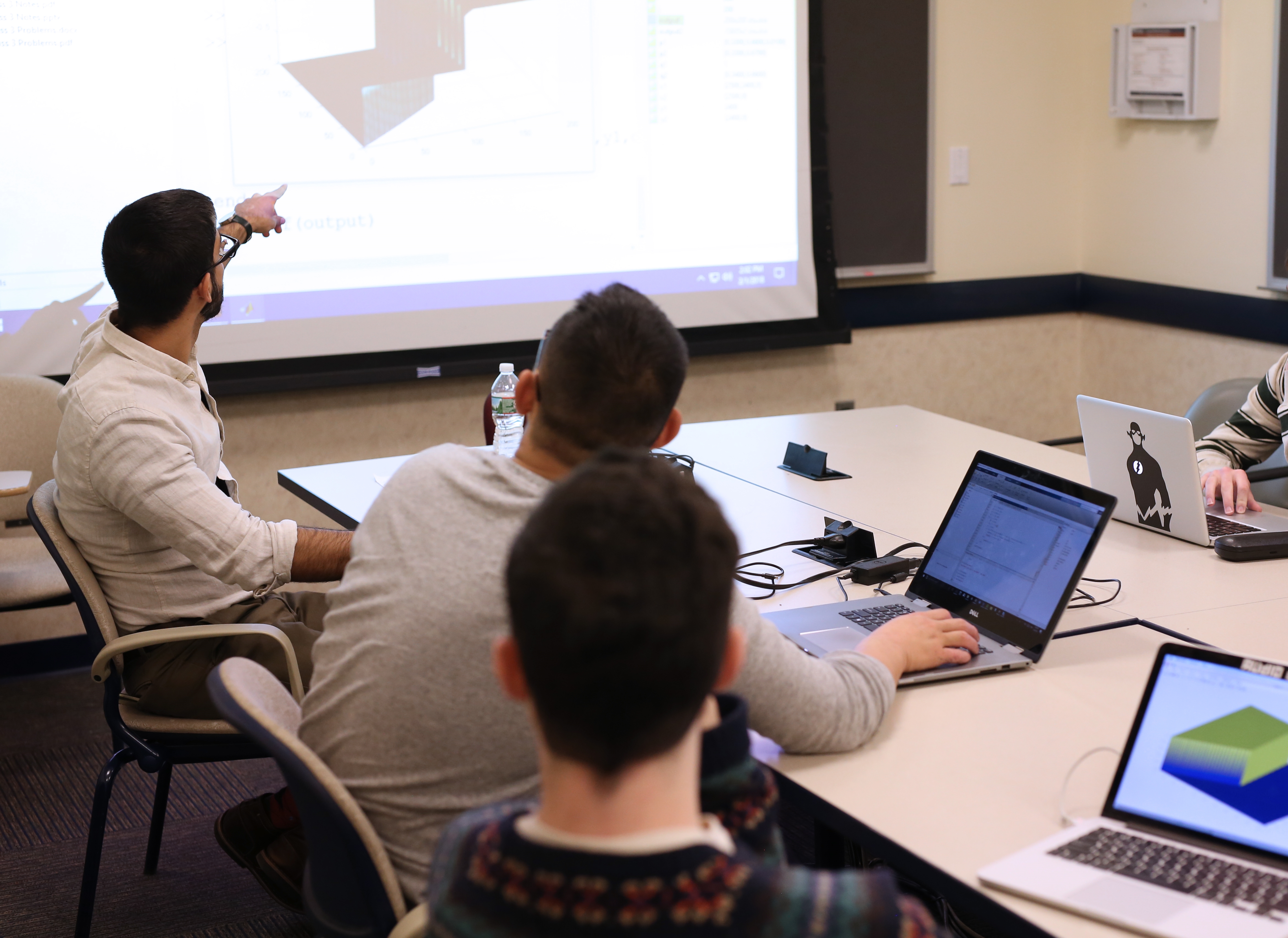
PPE's advanced interdisciplinary courses (PPE 4500+) are the highest level classes offered by the program for our majors. They offer advanced students a quasi-graduate environment inviting students to the frontiers of research. Classes are taught by interdisciplinary instructors, on interdisciplinary topics, reserved for PPE majors. All PPE majors must take at least one advanced seminar to complete the major.
PPE majors are encouraged to take several of these courses to count towards their theme!
Course Goals
-
Students should be able to accurately and clearly summarize a scholarly article. This requires basic understanding of the article's field, as well as the ability to write or speak clearly.
-
Students should be able to raise and evaluate arguments on both sides of issues that an author has raised.
-
Students should be able to criticize, without being unfair, without setting up straw men, and without neglecting possible counter-arguments to the criticism.
-
Students should be able to give a presentation, effectively using visual aids as appropriate.
-
Students should be able to synthesize readings into a position and defend that position against possible objections. They should know how to search efficiently for relevant literature.
Apart from our 4500+ Capstone courses, we also offer PPE 4000 courses, which are very small research-based seminars, capped at only 6 students. Topics change every year, depending on the projects and interests of our post doctoral researchers. Please check Path@Penn or our Courses page for advanced interdiscplinary seminars taught in the current semester.

 Philosophy Politics & Economics
Philosophy Politics & Economics